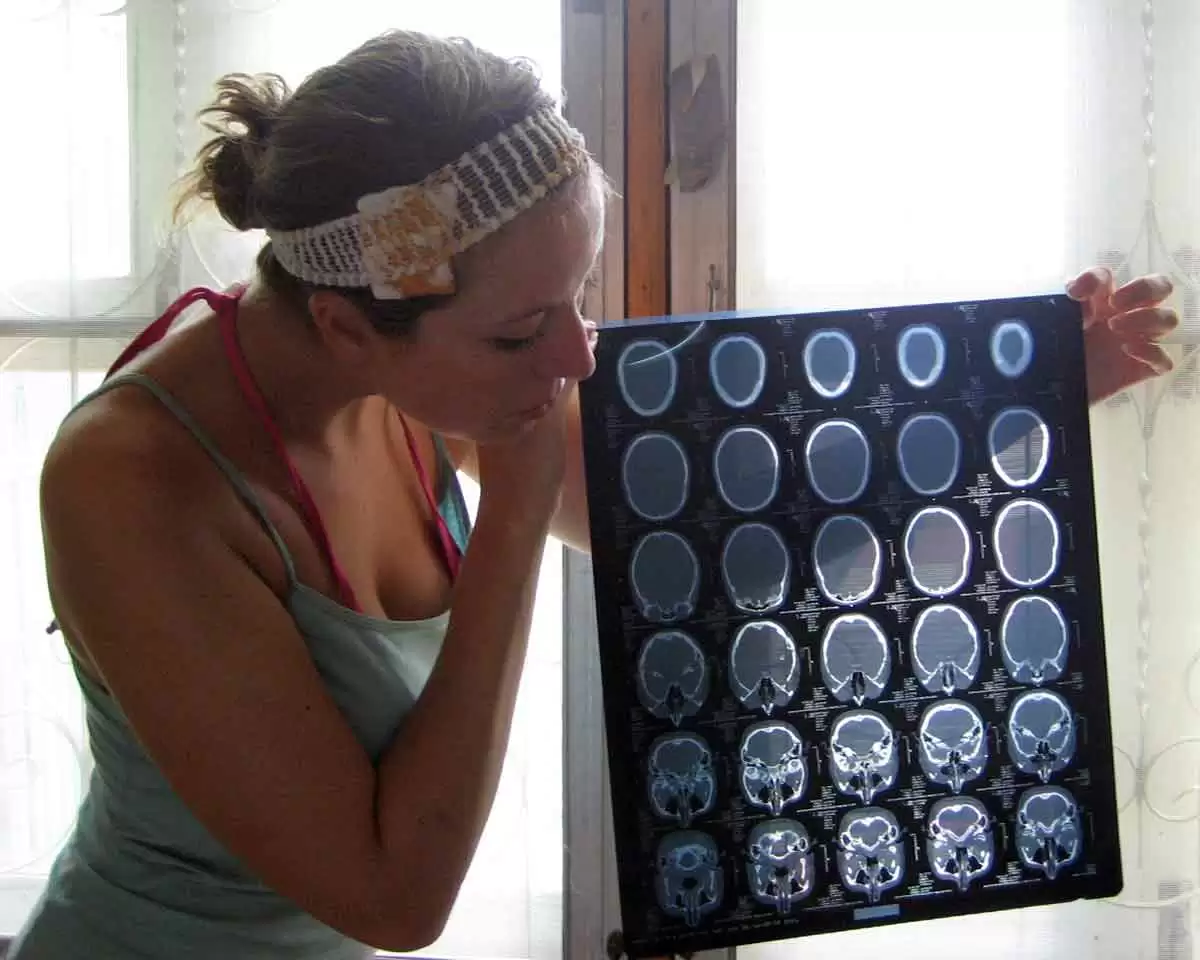
Celiac.com 03/21/2022 - Eating a gluten-free diet is the only current treatment for celiac disease, but managing that diet can be difficult. It can come with a substantial perceived treatment burden, and is tied to higher rates of psychopathology in adult patients.
Some studies have identified psychological problems in children with celiac disease, but no systematic review has documented actual rates. However, it is still important to determine the risk for psychological comorbidities in children with celiac disease before they become adults.
Celiac.com Sponsor (A12):
A team of researchers recently set out to review existing research on mental health issues in children with celiac disease, and to compile a psychosocial research and clinical agenda. The research team included Shayna Skelley Coburn, Elaine Leonard Puppa, and Samra Blanchard. They are variously affiliated with the Department of Gastroenterology, Children's National Health System; the George Washington University School of Medicine, Washington, DC; and the University of Maryland Medical Center, Baltimore, MD.
The team researched a number of databases, including Scopus and PubMed, and followed up any relevant references to additional publication material.
Two investigators screened studies for preset factors. They looked for electronically available peer-reviewed celiac studies, published in English, that included children. One investigator pulled the data, which the second investigator then reviewed.
The team found twenty-six publications which met their criteria, including 16 case-control, 9 observational, and 1 clinical trial. Source materials differed in terms of symptoms examined, methodology, and population characteristics.
A number of studies found that kids with celiac disease had an elevated risk for psychological comorbidities, along with poorer quality of life scores. However, a large number of studies were limited by small sample size, and inconsistent or non-validated methods of measuring psychological symptoms.
Because numerous prior studies have shown increased rates of celiac disease coupled with psychological symptoms or diagnoses, the team stresses the need for screening for psychological issues in celiac patients, and also for celiac screening in psychological patients.
Further study of the issue is also clearly warranted. By identifying the need for evidence-based recommendations for psychosocial research and practice in children with celiac disease, the team is setting the stage for better overall care and quality of life for people with celiac disease.
Read more in Nutrients








Recommended Comments
Create an account or sign in to comment
You need to be a member in order to leave a comment
Create an account
Sign up for a new account in our community. It's easy!
Register a new accountSign in
Already have an account? Sign in here.
Sign In Now